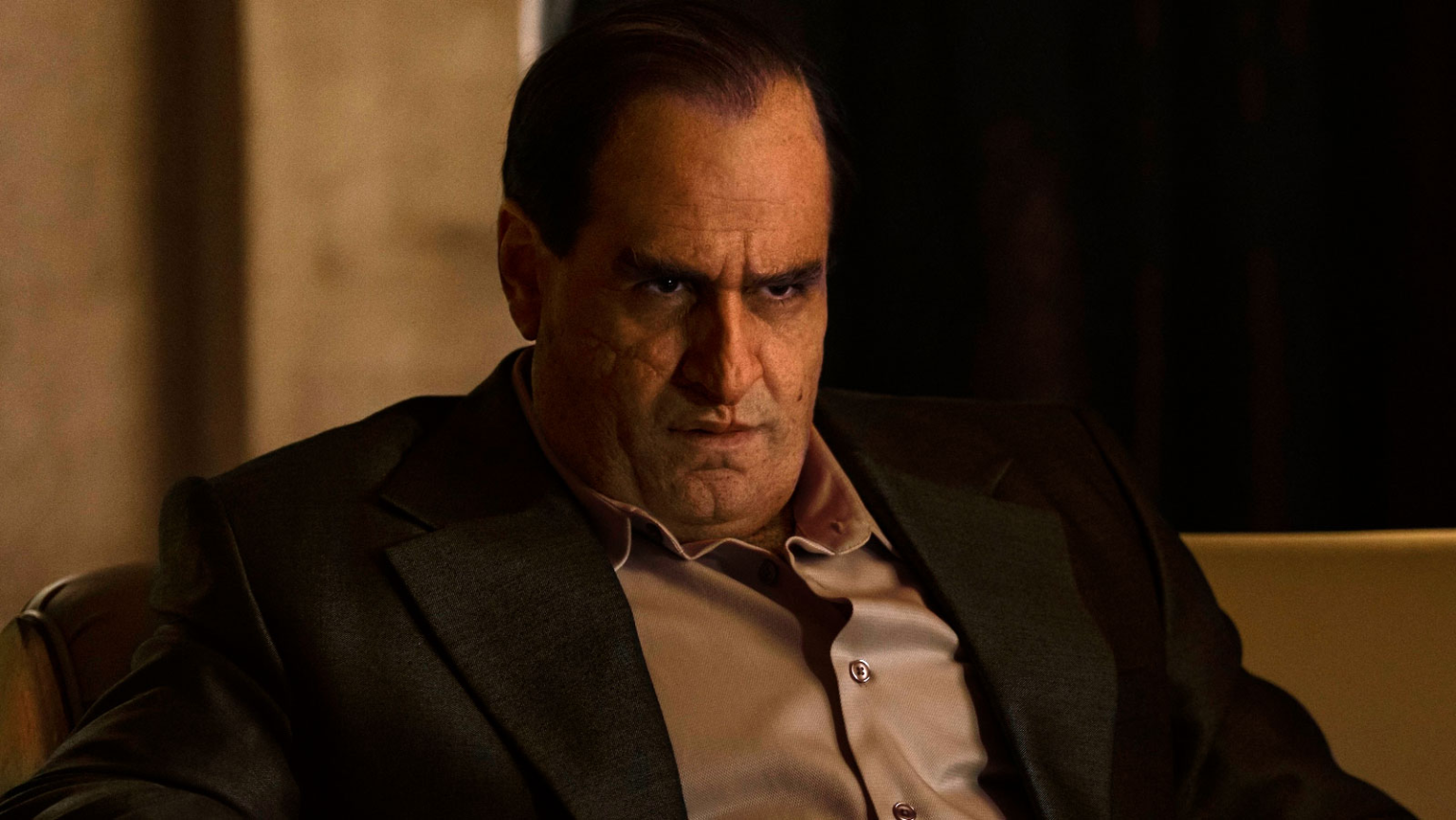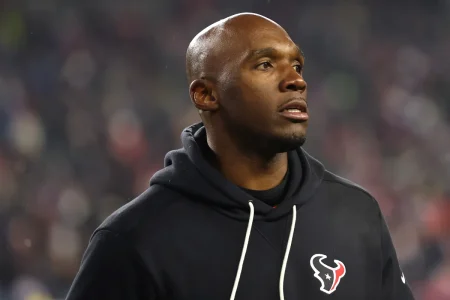The Evolution of Matt Reeves’ Batman Universe: From Film to Television Success
Matt Reeves’ DC Elseworlds universe made a powerful debut with “The Batman,” introducing audiences to a gritty new interpretation of Bruce Wayne. The film’s critical and commercial success paved the way for an expanded universe, most notably through a character who initially seemed like a supporting player but quickly captured the imagination of fans worldwide. Colin Farrell’s portrayal of Oswald “Oz” Cobblepot, better known as the Penguin, was nothing short of transformative. His performance was so compelling—with Farrell rendered completely unrecognizable through prosthetics and adopting a distinctive vocal style—that it prompted Reeves and DC to develop a limited series focusing on the villain’s rise to power in Gotham’s criminal underworld.
“The Penguin” on HBO Max serves as a direct continuation of the events depicted in “The Batman,” exploring the power vacuum left in Gotham following Carmine Falcone’s death. The eight-episode series chronicles Cobblepot’s ambitious and brutal ascent through the criminal hierarchy, offering viewers an intimate look at the corruption and violence permeating the city. The show has been widely praised for its noir aesthetic, compelling narrative, and outstanding performances. The critical acclaim translated into an impressive 24 Emmy nominations, with Cristin Milioti taking home the award for Outstanding Lead Actress in a Limited or Anthology Series or Movie for her portrayal of Sofia Falcone, Carmine’s vengeful daughter who becomes entangled in a complex relationship with Penguin.
Farrell’s dedication to the role has not gone unnoticed by the industry, either. The actor recently won the Best Supporting Actor Golden Globe for his performance, a testament to his complete immersion in the character. During his acceptance speech, Farrell showed remarkable humility by acknowledging the legacy of actors who previously portrayed Batman villains, recognizing that he stands on the shoulders of giants in the DC universe. This recognition of the lineage of Batman adaptations demonstrates how each new interpretation builds upon a rich history while finding fresh angles to explore these iconic characters. Farrell’s Penguin strikes a delicate balance between homage to past versions and a distinctly modern take on a character who has been part of Batman lore for over eighty years.
The show’s success has naturally led to discussions about a potential second season, despite it originally being conceived as a limited series. Matt Reeves recently addressed these rumors at the Emmy Awards, confirming to Variety that conversations about continuing the story are indeed taking place. “We’re in discussions. Showrunner Lauren LeFranc is thinking hard and we’re talking, so we’ll see,” Reeves explained. He went on to express his delight at the reception of the series, stating, “We love the show, and we think our cast is so incredible. The work that Lauren and the writers did was incredible. Our passion was in it, but never in our wildest dreams could we imagine it would have been received in the way that it was.” This enthusiasm from the creative team suggests a genuine desire to continue exploring this corner of Gotham City.
The timing of a potential second season remains uncertain, particularly considering Reeves’ larger plans for his Batman universe. The next major installment, “The Batman: Part II,” is scheduled for release on October 1, 2027, a date that suggests substantial development time for the sequel. Any additional season of “The Penguin” would need to be carefully coordinated with the film’s storyline, as developments in the series would likely influence the script for the upcoming movie. This interconnectedness presents both challenges and opportunities for Reeves and his team as they continue to build a cohesive narrative across different media formats.
The success of both “The Batman” and “The Penguin” signals a promising future for Reeves’ vision of Gotham City. By focusing on character-driven storytelling and embracing the noir elements that have always been part of Batman’s DNA, Reeves has carved out a distinctive approach to the franchise that sets it apart from previous iterations. The Elseworlds designation allows this universe to exist independently of the broader DC cinematic universe, giving creators more freedom to explore darker themes and complex characterizations without the constraints of maintaining continuity with other properties. As fans eagerly await news about both “The Penguin” season two and “The Batman: Part II,” it’s clear that Reeves’ interpretation of these iconic characters has struck a chord with audiences and critics alike, promising more compelling stories from this richly realized version of Gotham City in the years to come.















